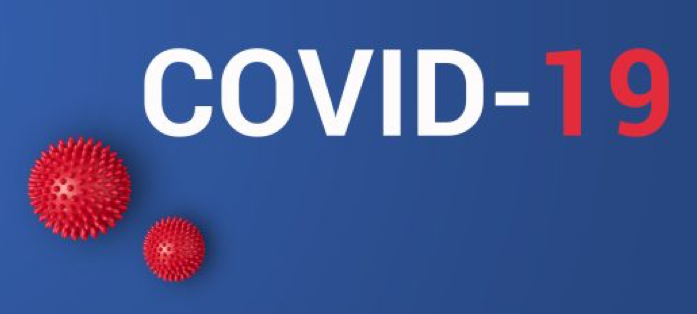
According to Indini et al.,1 the immune system has a fundamental role in cancer and COVID, exerting continuous monitoring, and the ability to recognize and eliminate potential tumorigenic and infected cells. Cancer develops in an immunocompromised environment supporting the concept that oncologic patients are more at risk, particularly when patients are exposed to cytotoxic chemotherapy, radiotherapy, and postoperative immunosuppression. In the last few years, treatments have changed significantly with immune checkpoint inhibitors, which releases the brakes on the immune system. Immune checkpoint inhibitors have become part of standard treatment for solid tumors, including melanoma, non-small cell lung cancer, renal cell carcinoma, urothelial carcinoma, cutaneous squamous cell carcinoma, and head and neck carcinoma. As such, patients have changed from an immunocompromised subject to a different group of patients with over activated immune systems.
Accumulating data on COVID-19 reveals that patients with cancer do not seem to be more prone to develop the infection, perhaps because of higher protective measures. Data suggest that advanced age, hospital admission, and recurrent hospital visits may be critical risk factors, perhaps outweighing a cancer diagnosis. As such, there is no evidence so far to cause more severe disease in immunocompromised subjects. The innate immune response appears to be the main driver of tissue damage during coronavirus infection, and the host inflammatory response plays a crucial role in COVID-19 induced lung injury, uncontrolled inflammation, and tissue damage.
T cells, both CD4+ and CD8+, have a significant role in antiviral activity, with CD8+ T cells accounting for the majority of inflammatory infiltrate playing both an antiviral cytotoxic effect, as well as self-induced tissue injury. Dr. Biskup notes that a hyper-inflammatory response together with T cells play a major role in SARS-CoV-2 pathogenesis as observed in SARS-CoV and MERS-CoV infections. SARS-CoV-2 infection is characterized by persistent antigenic T cell activation, leading to an exhaustive status rather than a failure to activate T cell responses, which may be problematic for cancer patients. Patients that are undergoing immunotherapy have their immune system reinforced by treatment and may show aberrant responses to external factors. PD-L1 blockade could theoretically increase the immune system hyperactivation including a cytokine storm, which could possibly worsen the outcomes of the infection.
Dr. Biskup concluded with several recommendations to conclude her presentation:
- Precise data on the pathogenesis of COVID-19 and subsequent risk of morbidity in patients with cancer are lacking
- It is suggested that the risk is different depending on the oncology treatment
- There is a potential rationale supporting an increased risk of COVID-19 morbidity in patients treated with immunotherapy à data is desperately warranted
- General measures currently aim at the maintenance of COVID-free oncologic services
Presented by: Saskia Biskup, MD, PhD, Praxis fur Humangenetik, Tubingen, Germany
Written by: Zachary Klaassen, MD, MSc – Assistant Professor of Urology, Georgia Cancer Center, Augusta University/Medical College of Georgia Twitter: @zklaassen_md at the 12th European Multidisciplinary Congress on Urological Cancers (EMUC) (#EMUC20 ), November 13th - 14th, 2020
References:
- Indini A, Rijavec E, Ghidini M, et al. Coronavirus infection and immune system: An insight of COVID-19 in cancer patients. Crit Rev Oncol Hematol. 2020 Sep;153:103059.


